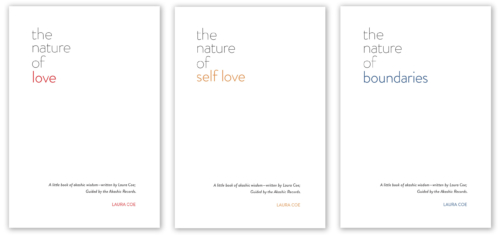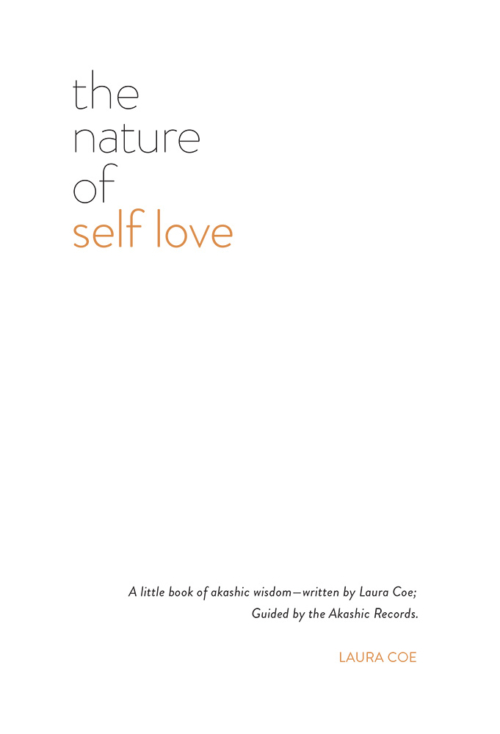In this episode of Art of Authenticity, we had a conversation with Michelle Lederman, speaker, author, coach, and CEO. Welcome to another episode of Art of Authenticity! Joining us today for a second time is the resourceful Michelle Lederman who has just released her new book The Connector’s Advantage: 7 Mindsets to Grow Your Influence and Impact. One of her many accolades include being named by Forbes as one of the 25 networking experts to watch. She’s a former NYU professor who has since made her mark as an accomplished speaker, trainer, coach and, of course, esteemed author. Her passion is really to help individuals and organizations build better relationships and achieve greater results through her company, Executive Essentials. Michelle has worked with an array of big-name organizations of all kinds, has been featured in The New York Times, and she’s here today to advise us on implementing the most important networking skills that she has learned over the years. Michelle shares with us what it means to be a connector, the different type of connectors, how we are to approach our networks and the mindsets that are required to become better at relationships on all levels. This thought-provoking conversation is guaranteed to pique your interest, so don’t miss out on this one!
Thanks for Listening
Again, thank you so much for your support! Please subscribe to the podcast if you haven’t already!
Show Notes:
-
Michelle’s personal history with connection and when she learned its true value. [3:44]
-
What a connector is and looking briefly at the different levels of connections. [6:01]
-
Initiating and responding as means of becoming a better connector. [7:14]
-
Developing the depth of our connections and an example of a niche connector. [7:40]
-
How a super-connector adds breadth to their already deep connections. [9:16]
-
Why being a better connector is advantageous on many different levels. [10:18]
-
Having a clear vision and asking for what you want without risking the relationship. [12:09]
-
Timing, manner and generosity as factors to consider before making an ask. [13:11]
-
Protecting the relationship by making someone comfortable with your “no”. [14:16]
-
Learning how to say “yes” and “no” in the most constructive ways. [15:32]
-
How establishing boundaries and “yes” criteria cultivate thoughtfulness. [17:41]
-
Using “no, but” to set boundaries while also extending another opportunity. [18:55]
-
Compiling three questions as the basis of your criteria for saying “yes” or “no”. [20:31]
-
A list of the seven mindsets, the four pillars of trust and what they mean. [23:08]
-
Why it is impossible for trust to be maintained without authenticity and consistency. [26:17]
-
The behaviors and attitudes needed for trust to be restored. [28:02]
-
And much more!
More Information:
-
Michelle Lederman — https://michelletillislederman.com/
-
The Connector’s Advantage on Amazon — https://www.amazon.com/Connectors-Advantage-Mindsets-Influence-Impact-ebook/dp/B07NYWBPHL
-
The 11 Laws of Likability on Amazon — https://www.amazon.com/11-Laws-Likability-Relationship-Networking-ebook/dp/B005M0IA00/ref
-
Forbes Article — https://www.forbes.com/sites/johncorcoran/2015/01/08/25-professional-networking-experts-to-watch-in-2015/#508b7e8a30bb
-
Executive Essentials — https://executiveessentials.org/
-
Ernst & Young — https://www.ey.com/en_gl
-
The New York Times — https://www.nytimes.com/
-
Previous Podcast with Michelle Lederman





